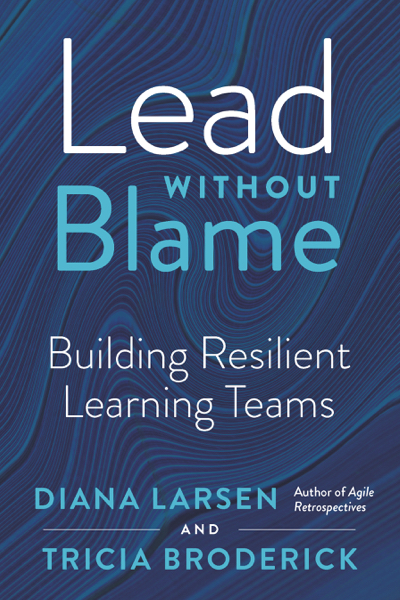So attending the SAFe SPC training was a long time coming. I almost attended when I was with Santeon Group but schedules didn’t align. When I started at Pearson, they were implementing a framework based on SAFe. In addition, if you attended any agile conference especially in the last year to two years, the hot topic is SAFe good or bad for Agile.
Despite the numerous very opinionated stances pro and con, I really went in with an open mind. Personally, I’ve experienced the sub-optimization at the product/team level at the expense of solutions that span products and teams. Plus, I would be a huge hypocrite if I wasn’t always open to learning about new frameworks/practices.
To keep with my “short posts” approach, this will not be a full review. This is also my perspective only and was shared with the instructors in the feedback.
- This is an idea; not a demand to stop thinking and adapting. We need thought leaders putting ideas out there. We need people thinking about alternative ways to solve problems. We need evolution and options. And we really need to stop declaring something right or wrong. How does that labeling align with the Agile Mindset? I personally found really valuable aspects within SAFe that I will leverage. However, I also can understand why people are reacting so strongly as there was roasting type statements out from the SAFe camp too. My plea to both camps…stop! It’s not helping our customers or our community. I didn’t agree with everything in the training but that doesn’t mean that I have to declare it the root of all evil. I believe an approach can be positioned without stepping on others. Just try as I don’t want a SCRUM conference, Kanban conference or SAFe conference choice. We all lose in this!
- This training is walking a very fine line often crossing into teaching “doing Agile”. I get it…SAFe has many facets that it builds on Scrum, Kanban, XP, Lean, etc. But don’t try to make 3.5 days of training to cover all of these topics plus SAFe. The result of the current approach is death by slides, skipped slides due to running out of time, surface coverage of new elements, etc. Repeated “joking” blame was put on questions but isn’t that what instructors want? People need to understand so they can teach. Our community has learned too much about how to improve learning, I expect training to be at a higher caliber. The material can’t be teach SAFe, Agile Mindset, Agile Lean Leadership, XP, Scrum for new to Agile people, new to Agile Coaching, new to Agile Training, new to SAFe, etc. There were people in this class with very little coaching/training/agile experience. To say they are “certified” at the end to teach this will have serious consequences. If it takes years to become a trainer of SPCs…it shouldn’t be unrealistic to take a year to become a quality SPC. The really awesome part: I voiced this and a change was made to facilitate deeper discussions. They moved the exam from the morning of the fourth day to giving people 10 days after the course to take the exam. This did help but the training needs to continue to evolve.
- So what do I like and dislike about SAFe? I’m not telling. I’m not joking, I’m not telling. If we are engaged in a conversation about a situation/problem that we are brainstorming to solve, I would pull from a variety of practices including SAFe of what I think would fit best as an experiment and why. Plus, I still have more understanding to do. There were concepts that we didn’t dive deep enough for me to understand the pros/cons before I could formulate my opinion. My challenge to you is not to worry about what anyone else thinks but form your own opinion to your own situation then be agile.
I’m always happy when I’m learning and knowing that there is so much more for me to learn makes me even happier. So training is always worth it!




